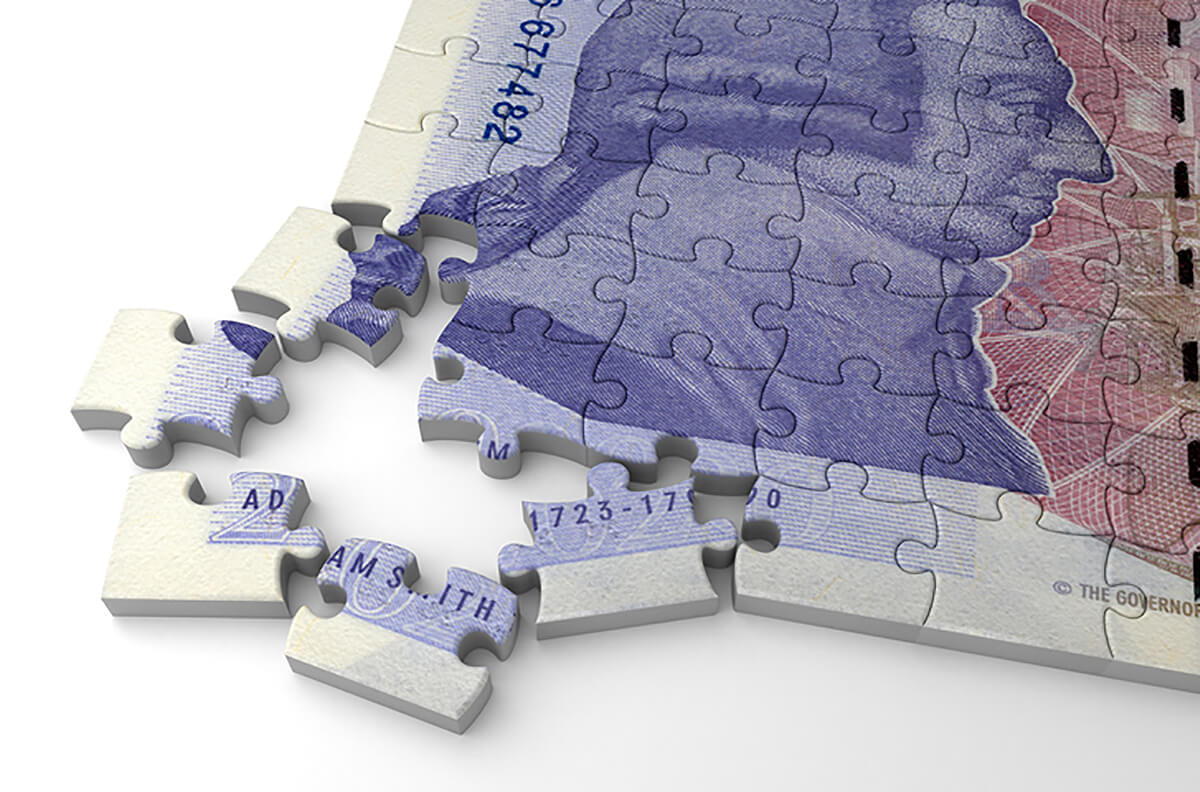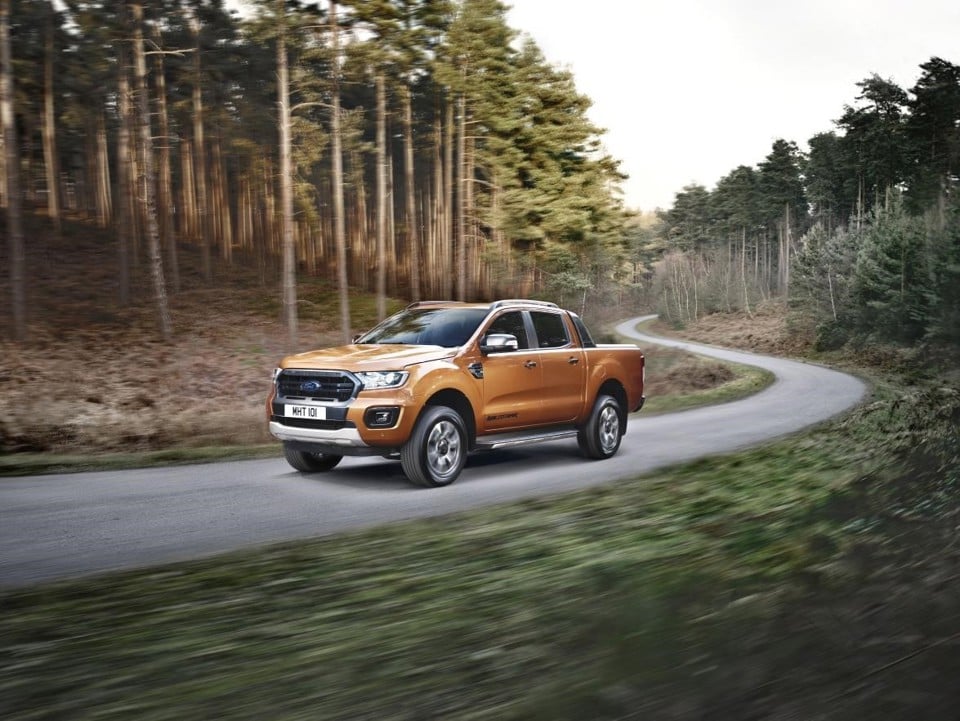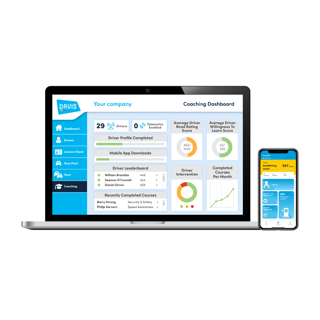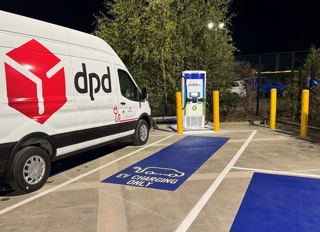Fleets are being warned there is no grey area when it comes to private mileage use following tax changes for double cab pick-up drivers.
The Association of Fleet Professionals (AFP) says it is essential fleet managers fully understand the rules so they do not fall foul of the changes, which were announced in the Autumn Budget.
From April 2025, for corporation tax, and from April 6, 2025 for income tax, double cab pick-ups (DCPUs) will be treated as cars for the purposes of capital allowances, benefit-in-kind (BIK) tax and some deductions from business profits.
Some fleets have expressed confusion about what constitutes business and private use for pick-ups. This is because there is some flexibility built into HMRC rules for vans that state the vehicle can be used for private purposes, but only to an “insignificant extent”.
HMRC has given a few examples of what “insignificant” means, like taking an old mattress or other rubbish to the tip once or twice a year, stopping at a newsagent on the way to work or stopping at the dentist on the way home.
As double cab pick-ups are now treated for tax purposes as a company car, it means there is no such “insignificant extent” allowance like there is for vans.
Paul Hollick, AFP chair, told Fleet News: “If you make the pick-up available for private use, then BIK is due. It doesn’t even need to travel one mile.
“If fleets are making pick-ups available to a person for personal use then it should be taxed as a BIK.
“If BIK is not levied, then clear records need to be kept to show it has been used for business use only, including making sure it is not used for commuting to and from their place of work.”
Hollick is expecting a reduction in demand for double cab pick-ups used as private vehicles due to the increased BIK levied on the driver.
However, he added: “Some of these vehicles are used specifically for job needs, a lot in rural areas, so the reduction in demand in this area could well be minimal.”
Simon Down, director in Deloitte’s employment tax automotive team, said the definition of business and private mileage can be a complex area which depends on a number of factors.
This can include (but is not limited to) an employee’s place of work, the purpose of travel, the frequency of travel, the travel patterns, and the type of vehicle used.
Down said: “It is important for fleets to ensure that they have a robust and compliant travel and expenses policy to avoid tax compliance risks.
“This is especially relevant when it comes to the provision of DCPUs, given the potential cost implications resulting from the change.”
Dale Eynon, director Defra Group Fleet Services, told the November edition of the Fleet News at 10 webinar that there has to be total clarity for drivers.
Defra has a mix of single, extender and double cab pick-ups across its fleet. None of the pick-ups are available for private use.
“The devil is in the details here,” explained Eynon. “The differential between BIK between cars and commercials is quite different.
“With a van, you can commute with it without any tax implications, you can occasionally go to the tip or stop off at the shop. You can do a lot of small journeys in a van that don’t make you liable for a BIK charge.
“The rules are very different for a car. Double cabs are upwards of £40,000 and the CO2 is high. You could be looking at thousands of pounds, with increased costs for higher tax rate payers.”
What do the DCPU tax changes mean financially for employers and employees?

The decision to classify double cab pick-ups as company cars by default will hit the bottom line of fleets, because cars are more expensive from an income tax and national insurance perspective than vans – this is also true of any associated fuel benefit provided.
Down explained: “Employers pay Class 1A National Insurance Contributions (NICs) based on the BIK value of the vehicles they provide, and employees pay income tax based on the BIK value of the vehicles they receive.
“So, both the employer and employee are likely to see significant cost increases because of the change.”
Down said it is important to note that the cost increase will be significantly higher if the employee is also provided with the benefit of free fuel for private motoring as well as the DCPU.
Again, this is linked to the BIK value of the fuel benefit which will also rise significantly when the vehicle treatment changes from a van to a company car.
The cost increase for employers will be amplified to some degree because the rate of employer Class 1A NICs paid on benefits is set to rise from 13.8% to 15% in April 2025.
Deloitte has run some numbers as an example with a DCPU which has a list price of £40,000 and CO2 emissions over 160g/km.
If treated as a van, the BIK for the 2025/26 tax year would be £4,020.
However, treated as a car, the BIK will now be £14,800, which is an increase of £10,780 for the tax year or 268%.
If the employee is provided with private fuel for a van, the BIK for the 2025/26 tax year would be £769.
However, if the vehicle is treated as a car, the BIK for private fuel would be £10,434 which is an increase of £9,665 or 1,257%.
Looking at the employer costs, the change would see employer Class 1A National Insurance Contribution (NIC) costs for the 2025/26 tax year increase by £1,617 for the vehicle BIK, as well as £3,067 for the vehicle plus fuel BIK.
Looking at employee costs, the change will see income tax costs in the 2025/26 tax year increase for an employee with a marginal tax rate of 20% by £2,156 for the vehicle BIK, which equates to £180 per month, or it would be £4,089 for the vehicle plus fuel BIK, which equates to £341 per month.
The income tax cost increases will be doubled for a higher rate tax-payer with a marginal tax rate of 40%.
Therefore, a higher rate tax-payer with a DCPU and private fuel would see their income tax costs increase, meaning their take home pay would fall by about £680 per month as a result of the change.
Down said the impact of the tax changes on DCPUs will be hard to ignore, particularly for perk vehicles.
He said: “A key challenge will be where fleets need DCPUs for employees to carry out their duties effectively.
“In this situation, it may be necessary to explore alternative vehicles or car scheme design options to mitigate the significant cost increases.”
Some fleets may consider prohibiting the provision of private fuel in DCPUs to minimise the cost increase for these vehicles.
Down added: “On paper, this change may be relatively simple to make, but doing so in a compliant and administratively workable manner may present some challenges.
“In particular, there can be some notable differences in the treatment of business and private travel depending on whether the vehicle is treated as a van or a car, which would need to be managed.”





















dhorn5268 - 17/12/2024 11:58
Can we confirm that any double cab pick up vehicle currently on our fleet or purchased prior to April 2025, will follow existing rules for BIK etc. for these vehicles until April 2029.